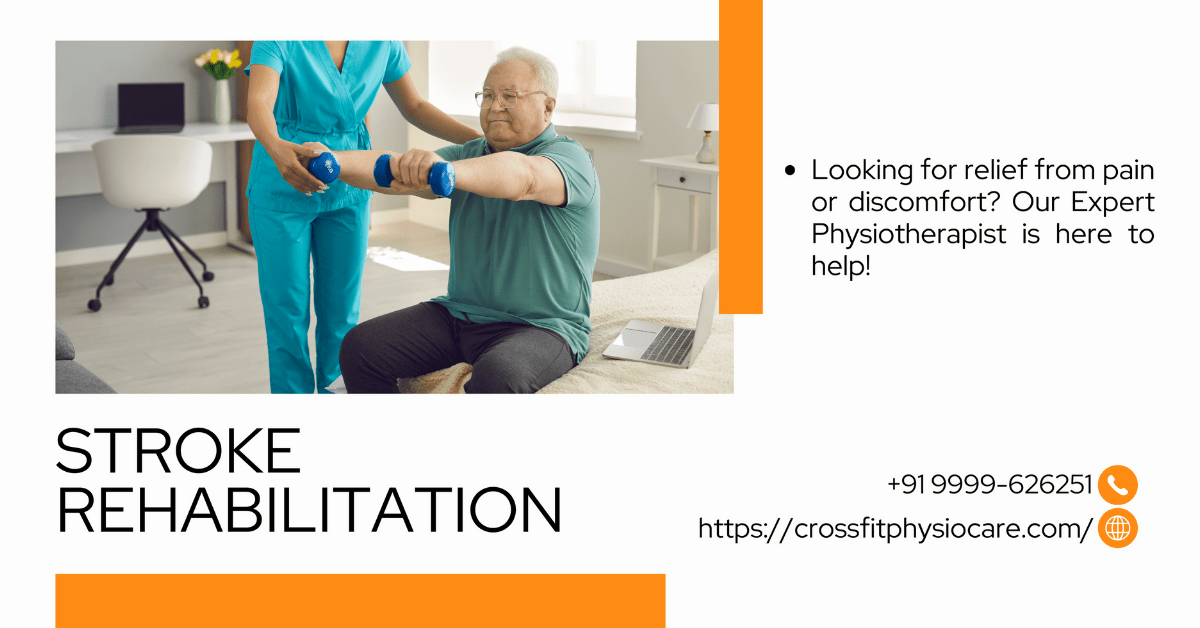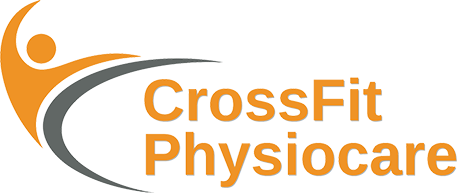
Stroke Rehabilitation
Stroke rehabilitation is a comprehensive and multidisciplinary approach aimed at helping individuals recover and regain functional independence after experiencing a stroke. Stroke is a medical condition that occurs when blood flow to the brain is interrupted, leading to brain damage and often resulting in various physical, cognitive, and emotional impairments. Stroke rehabilitation focuses on maximizing recovery and improving the quality of life for stroke survivors.
Here are key aspects of stroke rehabilitation:
- Multidisciplinary Team: Stroke rehabilitation involves a team of healthcare professionals, including doctors, nurses, physical therapists, occupational therapists, speech therapists, psychologists, social workers, and more. Each professional plays a specific role in addressing various aspects of recovery.
- Individualized Treatment Plans: Rehabilitation plans are tailored to the unique needs and challenges of each stroke survivor. The severity of the stroke, the areas of the brain affected, and the specific impairments determine the course of treatment.
- Goals and Progression: Rehabilitation goals are set collaboratively with the stroke survivor and their family. These goals evolve as the individual progresses through different stages of recovery.
- Physical Rehabilitation:
Physical Therapy: Focuses on improving mobility, strength, balance, and coordination.
Gait Training: Helps individuals relearn how to walk and maintain balance.
Range of Motion Exercises: Prevents muscle stiffness and contractures.
Functional Activities: Helps individuals regain the ability to perform daily tasks.
- Occupational Rehabilitation:
Occupational Therapy: Aims to improve the ability to perform activities of daily living such as dressing, grooming, and cooking.
Adaptive Techniques: Teaches individuals how to use assistive devices and techniques to compensate for deficits.
- Speech and Language Rehabilitation:
Speech Therapy: Addresses communication difficulties, speech disorders, and language impairments.
Swallowing Therapy: Helps individuals regain safe and effective swallowing function.
- Cognitive Rehabilitation:
Cognitive Therapy: Focuses on improving memory, attention, problem-solving, and other cognitive functions affected by the stroke.
Neuropsychological Assessment: Evaluates cognitive deficits and tailors interventions accordingly.
- Emotional and Psychological Support: Stroke survivors may experience emotional challenges such as depression, anxiety, and adjustment difficulties. Counselling and support groups can help address these issues.
- Assistive Devices and Home Modifications: Rehabilitation professionals assess the need for assistive devices (wheelchairs, walkers, etc.) and modifications to the home environment to enhance safety and accessibility.
- Community Reintegration: The rehabilitation process often extends beyond the clinical setting to help individuals reintegrate into their communities, resume work or hobbies, and maintain social connections.
- Long-Term Management: Many stroke survivors require ongoing management and support. Lifestyle modifications, regular follow-up appointments, and adherence to prescribed medications are essential for preventing further complications.
Stroke rehabilitation is most effective when initiated as early as possible after a stroke. The goal is to promote recovery, enhance functional independence, and improve overall quality of life for stroke survivors. The approach may vary based on individual needs and the resources available in a particular healthcare setting.
- Daani Plaza E-595-596, 4th Floor, Ramphal Chowk Rd, Block E, Sector 7 Dwarka, New Delhi - 110075
- +91 99996 26251
- support@crossfitphysiocare.com
How can we help you?
If you are looking for the best and nearest physiotherapist, then click below to message us on WhatsApp.
